8 nonfiction books that will change the way you see the world

A few minutes every morning is all you need.
Stay up to date on the world's Headlines and Human Stories. It's fun, it's factual, it's fluff-free.
If you’re a big reader, you’re probably already aware of what you like and don’t like, and with that, you may be hesitant to peel away from your favorite genres and diversify your reading list. Fiction readers, for example, may be reluctant to step away from their beloved novels and short stories in favor of nonfiction books, with the real world seeming a bit drab compared to escaping into a page-turning novel.
Still, nonfiction books aren’t necessarily boring and may even be enlightening, providing you with new perspectives on the world that you already engage with every day.
We’ve pulled together some of the best nonfiction books to help you rethink complex topics or how you see the world. The list also contains more recently published books, giving you the chance to explore some of the current and topical issues we’re facing right now. And, while some nonfiction books – just like in any other genre – can prove to be mundane, irrelevant or just plain sad, we wanted to dive into works that, we believe, are well-rounded, compelling and emboldening.
“All We Can Save: Truth, Courage, and Solutions for the Climate Crisis” – edited by Ayana Elizabeth Johnson and Katharine K. Wilkinson
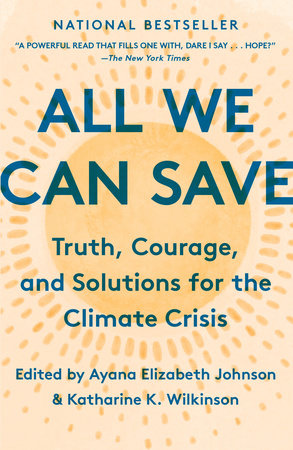
Looking at the climate crisis through a lens of optimism can be challenging. And, yes, while things do seem a bit, uh, hopeless at the moment, that doesn’t mean they will be forever. In their collected anthology of climate action essays, editors and self-appointed “climate feminists” Ayana Elizabeth Johnson and Katharine K. Williamson put an actionable spin on the typical climate narrative that we’ve all seen so very many times before.
Even better, this book encourages readers to start “climate circles,” which are essentially reading groups that build community and engage in deeper dialogues about climate activism. Because, while one individual may not be able to make much of a difference when it comes to climate change, but hundreds of thousands of readers can.
“Tell Me How It Ends: An Essay in Forty Questions” – by Valeria Luiselli
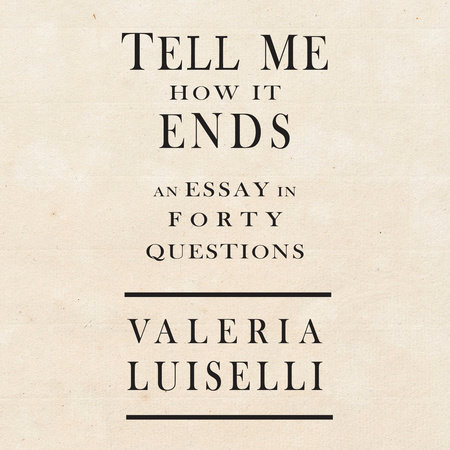
Valeria Luiselli is well-known for her fiction work, specifically her novel “The Story of My Teeth.” Her nonfiction, though, is equally fascinating. While waiting for her green card in New York, Mexico-native Luiselli worked as a translator for pro-bono lawyers who represented the children displaced during the mid-2010s migrant crisis.
“Tell Me How It Ends” explains how the crisis occurred, the nuances of American immigration policy and why children would make such a dangerous journey across the southern United States border in the first place. The story is told through the 40 questions that Luiselli would ask the children she surveyed, and readers are forced to reckon with the bureaucratic processes that juxtapose such emotional journeys.
“They Can’t Kill Us Until They Kill Us” – by Hanif Abdurraqib

A book of essays by renowned poet and music critic Hanif Abdurraqib, “They Can’t Kill Us Until They Kill Us” manages to create viable sociopolitical commentary through the lenses of music and pop culture. As a poet, he has a way with words, each essay packing a punch. Abdurraqib’s takes are ice cold and biting. This collection is worth a read for those who are more responsive to op-eds and shorter, concise pieces.
“Glitch Feminism: A Manifesto” – by Legacy Russell
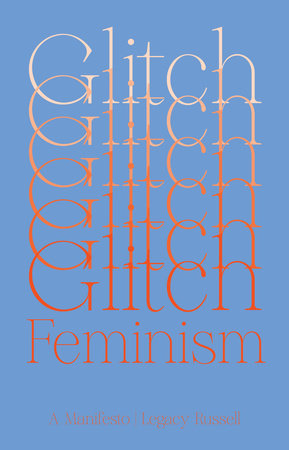
A book by the same woman who coined the term “glitch feminism,” this “manifesto” analyzes how technology affects our understanding of the social constructs of gender and sexuality.
Russell defines glitch feminism as a consideration that “embraces the causality of ‘error’, and turns the gloomy implication of glitch on its ear by acknowledging that an error in a social system that has already been disturbed by economic, racial, social, sexual, and cultural stratification and the imperialist wrecking-ball of globalization—processes that continue to enact violence on all bodies—may not, in fact, be an error at all, but rather a much-needed erratum.”
A transformative approach to subject matter that’s already evolving before our very eyes, “Glitch Feminism” engages the tech nerds in all of us.
“Stop-Time” – by Frank Conroy
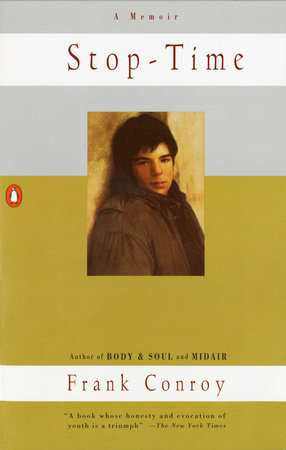
The oldest book on this list, “Stop-Time” is a memoir by prolific American writer Frank Conroy published in 1967. A real-life bildungsroman, “Stop-Time” follows Conroy through his childhood into young adulthood. It may seem like you’ve read or seen this story about a thousand times before, but you haven’t seen it done like this.
Conroy seems to use the devices of fiction-writing to tell his own, real-life story, the story of a seemingly unimportant boy. This memoir consists of stop-times (from which the book gets its title), which are short snippets of stories from his bizarre youth.
“The Gentrification of the Mind: Witness to a Lost Imagination” – by Sarah Schulman
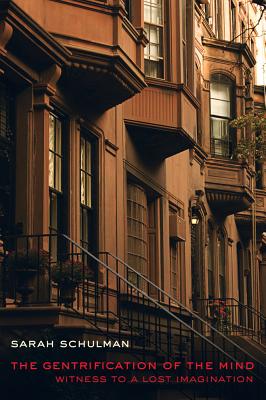
Chronicling the AIDS epidemic in New York during the 80s and 90s, Schulman’s record of these tragic events takes a new path toward understanding how the gay community has found itself where it is today in the city. Specifically, Schulman examines how the epidemic mechanized the gentrification of lower Manhattan, a hub for LGBTQ arts, culture and radical politics. As someone who experienced these events firsthand, Schulman recalls her own story of living on the Lower East Side at this time and what has changed since.
“Because Internet: Understanding the New Rules of Language” – by Gretchen McCulloch
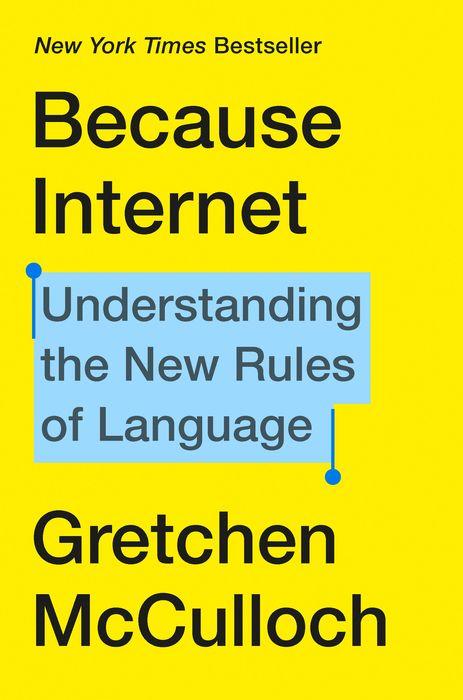
We all know by now that people on the internet seem to have their own unique ways of saying things, allowing memes and online turns of phrase to infiltrate vocabularies on the regular. Gretchen McCulloch takes this concept one step further, using her expertise as a linguist to explain how technology affects the English language. McCulloch is known as “the internet’s favorite linguist.” For something intriguing and relevant, but not necessarily heavy, “Because Internet” is a succinct read.
“Stiff: The Curious Life of Human Cadavers” – by Mary Roach
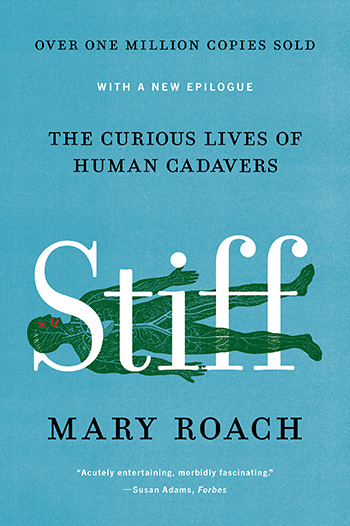
Although you may recoil at the title, don’t be too quick to pass over this book. In our society, the physical realities of death and dying are often considered morbid and not openly spoken about. This book is Mary Roach’s exploration of what happens to bodies post-mortem, most notably when donated to science. It is surprisingly funny and may make you feel a little bit less existential about what happens to us all after our final moments.
Have a tip or story? Get in touch with our reporters at tips@themilsource.com




Comments ()